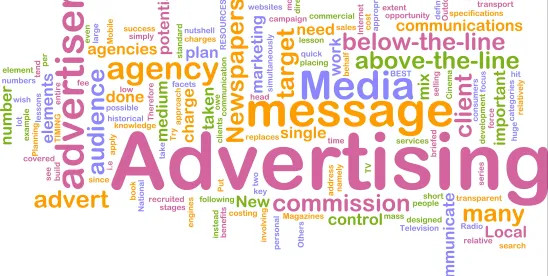The United States is currently one of only two countries in the world that allows direct-to-consumer (“DTC”) prescription drug advertising—but this may soon be changing. On September 9, the U.S. Department of Health and Human Services (“HHS”) and the Food and Drug Administration (“FDA”) announced plans to rein in misleading DTC pharmaceutical advertisements.
Their approach is twofold—first, in just the past week, FDA sent thousands of letters warning pharmaceutical companies to remove misleading advertisements and issued approximately 100 cease-and-desist letters to other companies with allegedly deceptive ads. Over 70 of these letters were published to FDA’s Warning Letter database today, September 16. Recipients of these letters range anywhere from drug manufacturers to telemedicine companies, and there seems to be a target on those with a heavy social media presence. Second, FDA is initiating rulemaking to close the alleged “adequate provision” loophole that was created nearly 30 years ago for broadcast advertisements, which allows drug manufacturers to place comprehensive drug safety or patient harm information in another format or location (e.g., directing the viewer to a website, toll-free number, or print insert for full safety information).
These steps were purportedly prompted by concerns that patients are not seeing a fair balance of information on drug products, especially in light of the social media boom. FDA states that it has seen an increased reliance on digital and social media channels that utilize undisclosed paid influencers, which may be blurring the lines between true, evidence-based information and promotional material tainted by the influencer’s financial incentive to generate more content and garner more followers.
A decrease in DTC advertising capabilities will most certainly have a direct impact on the companies and individuals that make, advertise, and prescribe prescription drugs. Moreover, patients, who may be relying on DTC advertising for educational purposes about their medication and treatment options, may also suffer from a lack of available information.
These actions by FDA and HHS signal a major shift in how DTC prescription drug advertising will be regulated and enforced. Members of the drug supply chain—whether they are manufacturers, compounders, telehealth platforms, or prescribers—should pay close attention to the forthcoming actions by these agencies and should conduct a regulatory review of their DTC advertising and promotional materials as they relate to prescription drugs.



 />i
/>i

